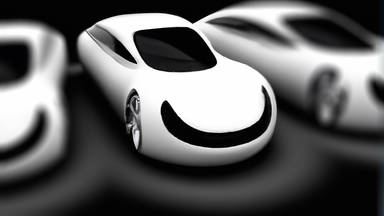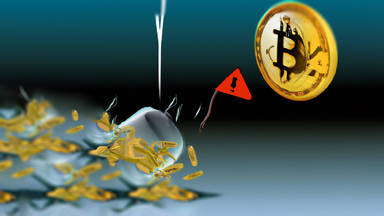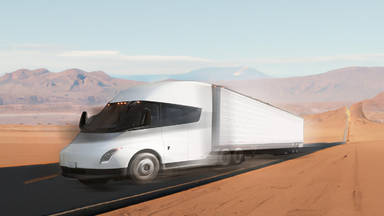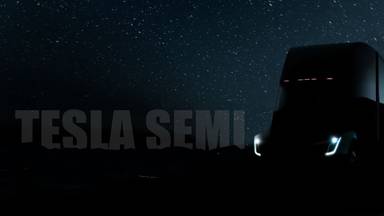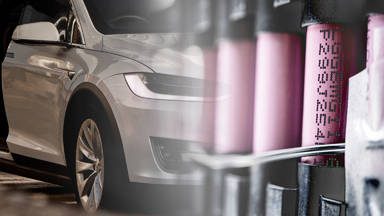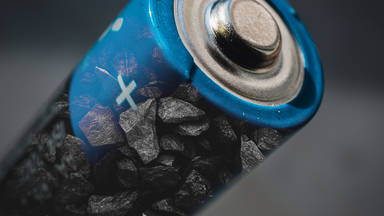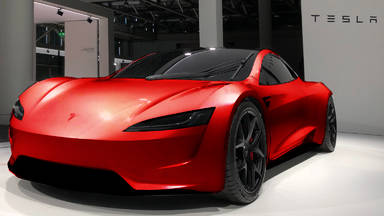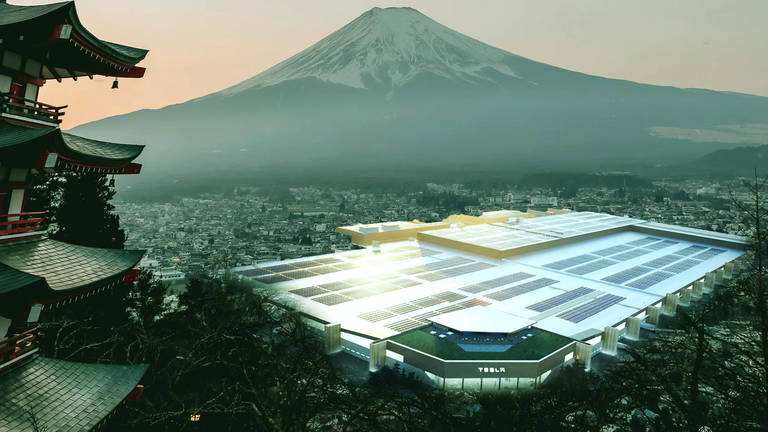
Tesla already has 42 factories that are in construction or that are fully built. These factories are built in the three largest automobile markets worldwide. Tesla has one Gigafactory in China, 2 Gigafactories in the US, and one Gigafactory in the European Union. Elon Musk stated that he would like to build as many as 10 or 12 Gigafactories around the world. Japan is not only a wealthy country but it is also one of the largest markets for electric vehicles and most likely, Tesla is going to build a Gigafactory in Japan.
Japan is known for its battery technology suppliers. in fact for the Model S & Model X, Panasonic makes the battery cells in Japan and exports them to California. Tesla has previously explored Japan as a possible site for its Gigafactory in 2015, but it didn't make sense back then given the fact that the company had plenty of other larger markets to disrupt, like Europe the US and China. However, now that Tesla already has Gigafactories in these areas, building a Gigafactory in Japan would mean saving plenty of money on imports as many of Tesla's current suppliers are already in Japan.
Before Tesla places a gigafactory in a country, it is important for Tesla to have a strong supercharging network in that area. This makes sense given the facts that superchargers take a much longer time to expand than Gigafactories. For example. if we take a look at China, Tesla already had plenty of superchargers throughout the country. Even before the Shanghai Gigafactory was built. Comparing the number of superchargers at the end of 2014 and the number of superchargers at the end of 2015, we can see Tesla was expanding its supercharging network not just in China, but also in Japan. If we take a look at Europe, Tesla already had a great coverage of superchargers in Berlin, before the gigafactory even started building. Finally, looking at Japan, we can see the same pattern here. Plenty of superchargers for a rather tiny area.
Japan has been quick to adopt electric vehicles in comparison to other countries and this is primarily because the Japanese government has provided a boatload full of incentives for electric vehicles. These incentives include tax rebates and subsidies, Road tax or toll subsidies, charging stations within the vicinity of housing and workplaces, free or subsidized parking lots for electric cars, special insurance plans for electric cars, and priority or special lanes for electric cars.
Needless to say, there are plenty of incentives for electric vehicles in Japan and if Tesla wants to build a Gigafactory in Japan, it is almost inevitable that Tesla vehicles will sell well.
As an electric vehicle manufacturer, Tesla must use plenty of rare alkaline earth-metals for its batteries, infotainment screen, and much more. For the past decade, China has always been the largest supplier of these metals. However, in 2018 Japan discovered a supply of 16 million tons worth of rare earth metals, enough to supply the earth for over six centuries. This supply has yet to be exploited, but it could save Tesla a lot of money if exploited.
Tesla has been rumored to be working on a compact vehicle that will start his production in China, and this vehicle, without a doubt, will be popular in Japan. Japan's narrow streets, cramped parking spaces, and aging society makes compact vehicles extremely popular in Japan. Other automakers also have noticed and revealed their upcoming compact vehicles. The most notable one is the Nissan IMK EV for fashionable urban commuters. Those types of vehicles have their own niche in Japan and Tesla's release of a compact vehicle will definitely sell well.
Tesla's goal is to produce increasingly more affordable electric cars. Japan's national government is pushing for the launch of electric vehicles and is working with regions across the country to install power outlets for charging. Japan also offers benefits for energy-efficient vehicles including zero taxes and green subsidies. Although Elon Musk dominates the burgeoning electric car business, to gain momentum in Japan, establishing a factory inside the country seems inevitable.
